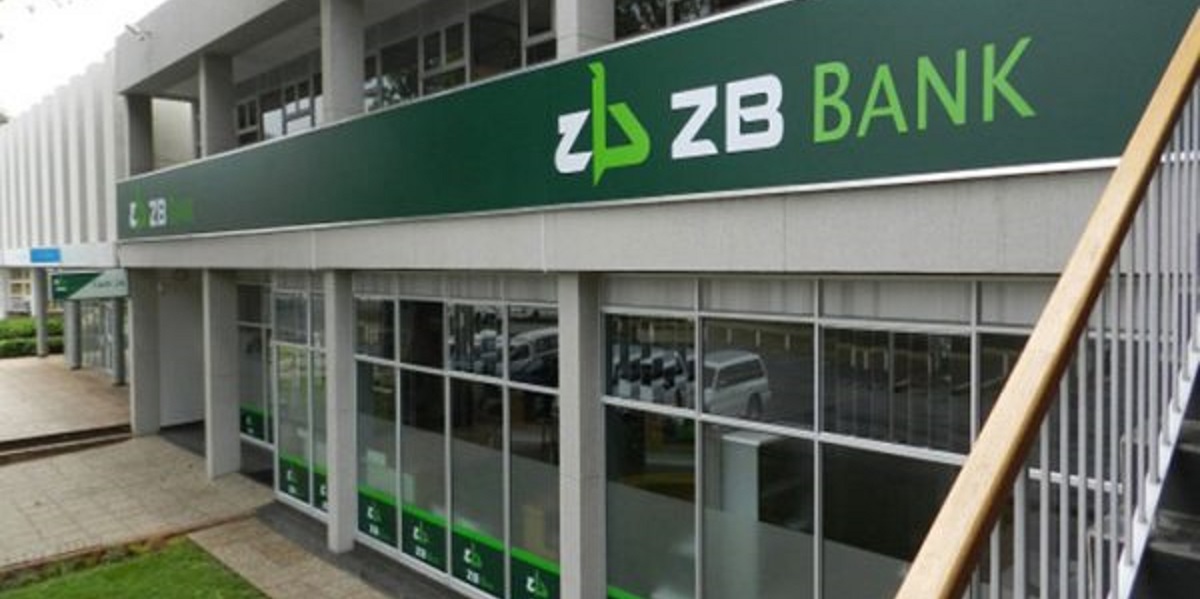RBZ unveils cheaper loans for productive sectors
The Reserve Bank of Zimbabwe (RBZ) has unveiled the operational modalities of the Targeted Finance Facility (TFF), with interest rates set at 20 percent for banks borrowing from the central bank and a maximum of 30 percent for on-lending to customers.
The 30 percent maximum is below the average corporate lending rate of 43 percent per annum, according to the Monetary Policy Committee (MPC).
The facility was established following realisation that commercial banks are lacking capacity to adequately finance productive sectors, a situation that could hinder economic growth.
With the economy projected to grow by an impressive 6 percent in 2025, ensuring adequate funding for working capital has become paramount. The targeted sectors are agriculture, manufacturing and mining.
The TFF loans have a maximum 270-day maturity and must be repaid in full by the due date or earlier.
Borrowers can access funds in Zimbabwe Gold (ZiG) and have the option to repay in the same currency or foreign currency at the prevailing exchange rate, the central bank said in a statement yesterday.
Banks will borrow funds from the RBZ at an annual rate of 20 percent, with a cap of 30 percent per annum on the all-inclusive interest rates they can charge customers, the RBZ said.
The interest rate structure is designed to strike a balance between affordability for borrowers and responsible risk management for lenders.
To maintain transparency and affordability, no additional charges will be permitted.
The RBZ also noted that interest rates could be reviewed periodically by its Monetary Policy Committee.
The TFF will have stringent collateral requirements, demanding acceptable security from banks and can be secured by a diverse range of assets and instruments.
These include foreign currency, Gold-backed Digital Tokens or any other central bank instruments, foreign currency-denominated Treasury bills with less than one year to maturity, local currency Treasury bills with less than one year to maturity and any other collateral acceptable to the RBZ.
“Banks will take the credit risk of the ultimate beneficiaries and should therefore do thorough credit assessment and customer due diligence,” the central bank said.
The RBZ also stressed the importance of aligning loan sizes and repayment terms with the specific business cycles of borrowers to maximise the facility’s impact.
Disbursement of funds is contingent upon the perfection of collateral, a process the RBZ aims to complete within 72 hours for standard securities.
Monitoring the performance of borrowers will be the responsibility of the lending banks, which are required to oversee the utilisation of funds throughout the loan tenure.
Quarterly performance reports must be submitted to the RBZ to ensure compliance and accountability.
If funds are used for purposes other than those approved, the full loan amount becomes immediately due and payable.
The loan will attract a penalty interest rate equivalent to the prevailing overnight accommodation rate for the duration that the loan was outstanding.
The penalty will be levied on the borrower through the lending bank, the central bank said.
Lending banks that fail to ensure proper use of funds may face suspension from the facility. Overdue loans will also attract penalty interest, underscoring the central bank’s commitment to maintaining discipline and accountability within the system.
Master loan agreements with the RBZ must be signed with banks, detailing the obligations of all parties involved. Lending banks will then enter into agreements with their borrowing clients, ensuring a structured process.
Economic analyst Namatai Maeresera believes the launch of the TFF is a strategic move by the RBZ to address a critical gap in Zimbabwe’s financial ecosystem.
“Through providing targeted support to productive sectors, the facility aims to drive economic growth while ensuring financial stability. The initiative is a significant intervention, particularly in a context where limited access to affordable credit has stifled business expansion,” he said.
“Through providing targeted support to productive sectors, the facility aims to drive economic growth while ensuring financial stability.
“The initiative is a significant intervention, particularly in a context where limited access to affordable credit has stifled business expansion,” he added.-herald









